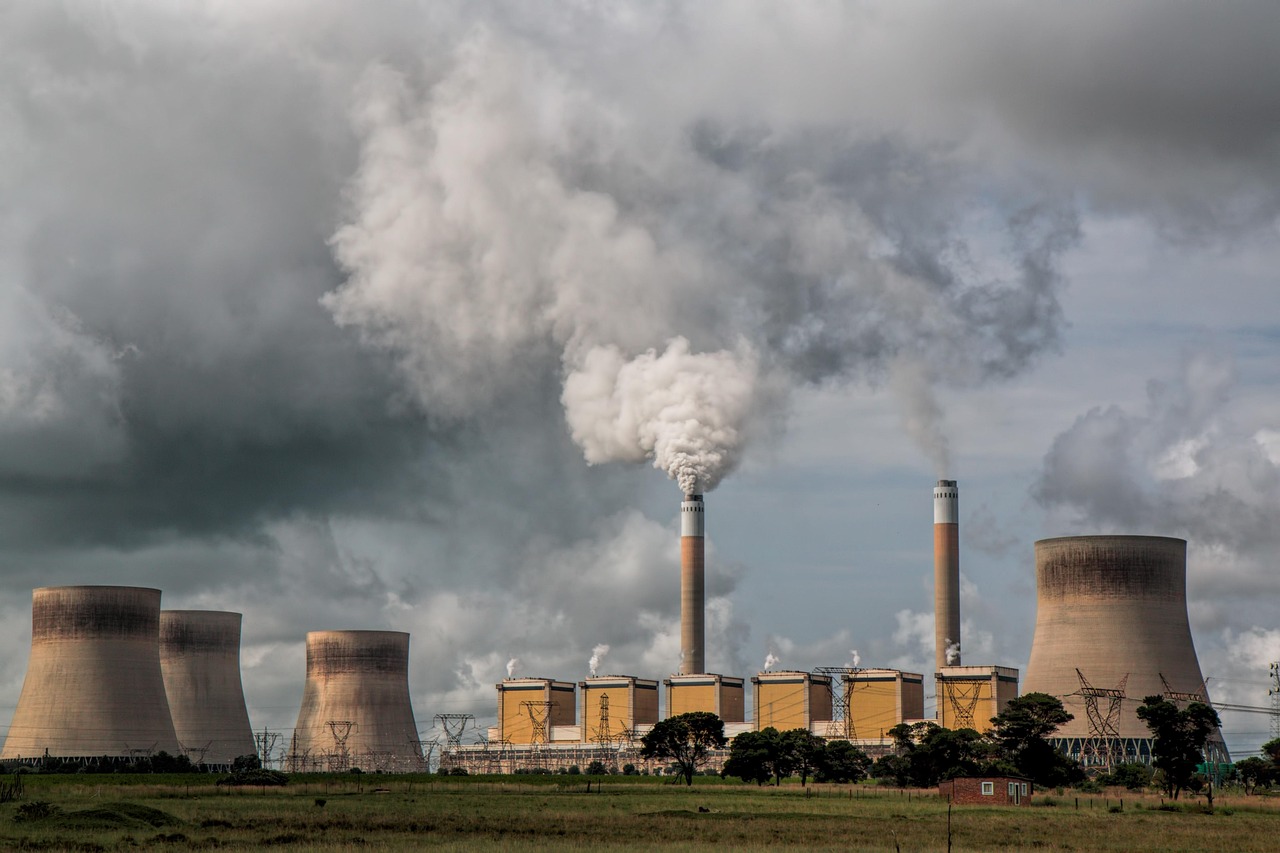26th February 2025 | Brussels | The European Commission has introduced the Clean Industrial Deal, a comprehensive plan aimed at enhancing industrial competitiveness while accelerating decarbonization across the European Union. This initiative addresses the pressing challenges of high energy costs and global competition, positioning decarbonization as a key driver of growth for European industries.
Key Highlights of the Clean Industrial Deal:
- Affordable Energy Action Plan: The Deal includes measures to lower energy bills for industries, businesses, and households by promoting the roll-out of clean energy, accelerating electrification, and improving energy efficiency. This plan aims to reduce dependence on imported fossil fuels and complete the internal energy market with physical interconnections.
- Support for Energy-Intensive Industries: The Deal focuses on providing urgent support to energy-intensive industries, such as steel, metals, and chemicals, to help them decarbonise and switch to clean energy. These industries face high energy costs, unfair global competition, and complex regulations that harm their competitiveness.
- Boosting Clean Tech: Clean tech is at the heart of future competitiveness and industrial transformation. The Deal aims to strengthen the clean tech sector, which is crucial for decarbonisation and circularity. This includes measures to maximise the EU’s limited resources and reduce overdependencies on third-country suppliers for raw materials.
- Industrial Decarbonisation Accelerator Act: This act will increase demand for EU-made clean products by introducing sustainability, resilience, and “made in Europe” criteria in public and private procurements. The Commission will also review the Public Procurement Framework in 2026 to introduce these criteria for strategic sectors.
- Financing the Clean Transition: The Clean Industrial Deal will mobilise over €100 billion to support EU-made clean manufacturing. This includes adopting a new Clean Industrial Deal State Aid Framework to accelerate the approval of state aid, strengthening the Innovation Fund, and proposing an Industrial Decarbonisation Bank to secure further funding.
- Circular Economy: Circularity is a central element of the Deal, aiming to reduce waste and extend the life of materials through recycling, reuse, and sustainable production. This approach will help create a competitive and resilient market by maximising resources and reducing dependencies on external suppliers.
Original Statement “President Ursula von der Leyen said: “Europe is not only a continent of industrial innovation, but also a continent of industrial production. However, the demand for clean products has slowed down, and some investments have moved to other regions. We know that too many obstacles still stand in the way of our European companies from high energy prices to excessive regulatory burden. The Clean Industrial Deal is to cut the ties that still hold our companies back and make a clear business case for Europe.”
The Clean Industrial Deal represents a bold business plan to support the competitiveness and resilience of European industries, ensuring a sustainable and prosperous future for the EU.
Source: European Commission, Press Release on Clean Industrial Deal
You May Also like: EU Launches InvestAI Initiative to Boost AI Development

